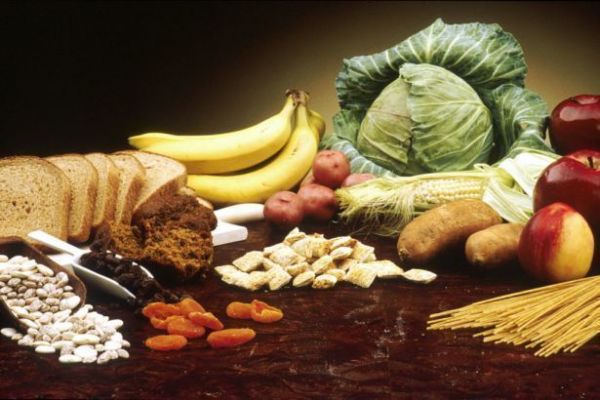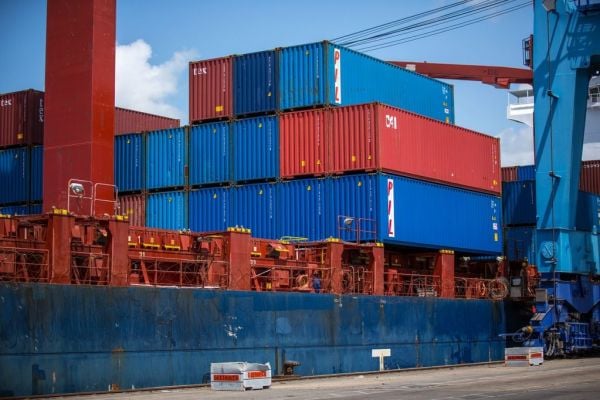Food imports costs across the world are on course to hit a near $2 trillion record in 2022, piling pressure on the globe's poorest countries who likely shipped in considerably less volumes of food, the UN Food Agency said on Friday.
World food prices soared to record levels in March after Russia invaded Ukraine, a key grains and oilseeds producer, and while they have since retreated somewhat, they remain above last year's lofty levels.
The increase is disproportionately affecting economically vulnerable countries, and is expected to continue doing so next year even as the overall agricultural supply situation is set to improve a bit.
"These are alarming signs from a food security perspective," the Food and Agriculture Organisation (FAO) said its twice-yearly Food Outlook report.
The world's food import bill is projected to reach $1.94 trillion this year, up 10% year-on-year and higher than previously expected, the FAO said.
It noted that low income countries' food import volumes are seen shrinking 10% as their food import bill for the year remains almost unchanged, pointing to growing accessibility issues.
Rising Costs
'Importers are finding it difficult to finance rising international costs, potentially heralding an end of their resilience to higher international prices,' the FAO said.
In terms of agricultural inputs like fertilisers, which require a lot of energy to produce, the FAO said global import costs are set to rise nearly 50% this year to $424 billion, forcing some countries to buy and use less.
This will inevitably lead to lower productivity, lower domestic food availability and 'negative repercussions for global agricultural output and food security' in 2023, it said.
Looking to the 2022/23 season, the agency sees wheat production jumping 0.6% year-on-year to hit a record 784 million tonnes, but notes increases are expected mostly in China and Russia, leaving inventories down 8% in the rest of the world.
Production
Production of coarse grains like corn, barley and sorghum is meanwhile seen falling 2.8% in the season.
On the plus side, however, the FAO said oilseeds output is seen rebounding 4.2% to hit an all time high, sugar output is seen rising 2.6%, while rice output is expected to remain at overall average levels thanks to resilient plantings in Asia and recovering output in Africa.
News by Reuters, edited by Donna Ahern, Checkout. For more supply chain stories, click here. Click subscribe to sign up for the Checkout print edition.









